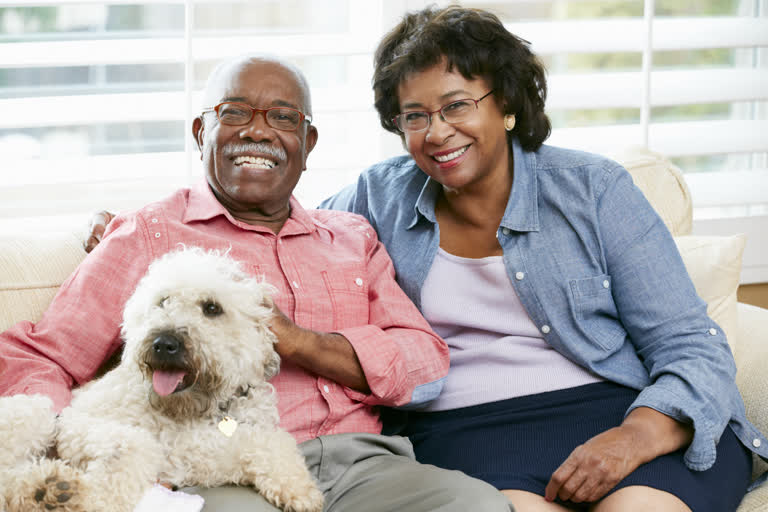These novel findings, from a register-based study conducted at Uppsala University in collaboration with three other universities, have now been published in The BMJ about the Owners of a dog with diabetes are more likely to develop type 2 diabetes than owners of a dog without diabetes. No shared risk of diabetes could be detected for cat owners and their cats.
Previous studies have reported a possible association between adiposity in dog owners and their dogs. But could there also be a shared risk of diabetes for pet owners and their dogs and cats? Researchers at Uppsala University, the Swedish University of Agricultural Sciences, Karolinska Instituted and the University of Liverpool have now together investigated this matter in a large cohort study.
Combining a Swedish veterinary insurance register with Swedish population and health registers, the researchers could extract information on pet owners residing in Sweden. More than 1lakhs 75 thousand dog owners and nearly 90 thousand cat owners and their dogs and cats were included in the study.
The dog and cat owners were all middle-aged or older at the start of the study, and were followed up to six years. The researchers then analyzed the incidence of type 2 diabetes in the pet owners and of canine and feline diabetes in the dogs and cats.
The main finding was that compared with owning a dog without diabetes, owning a dog with diabetes was associated with a 38% increased risk of type 2 diabetes. No such shared risk of diabetes could be detected in cat owners and their cats. The elevated risk for dog owners could not be explained by the age, sex, or socioeconomic circumstances of the owners, or by the age, sex, or breed of the dogs.
Our results indicate that a dog with diabetes in the household might signal an increased risk of the dog owner developing type 2 diabetes as well. We have not had access to information about household lifestyle behaviors, but we think the association might be due to shared physical activity patterns and possibly also shared dietary habits as well as shared risk of adiposity.



